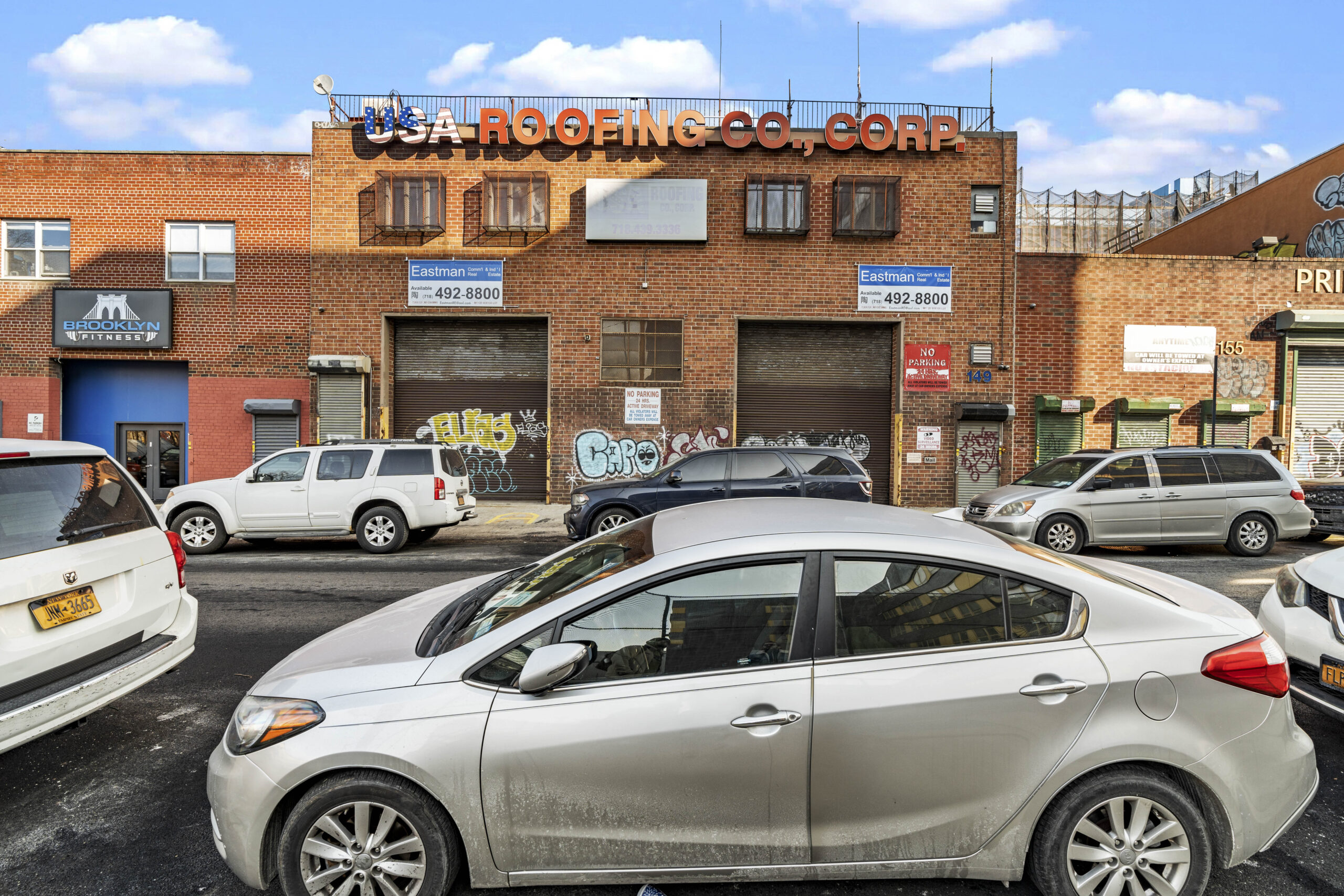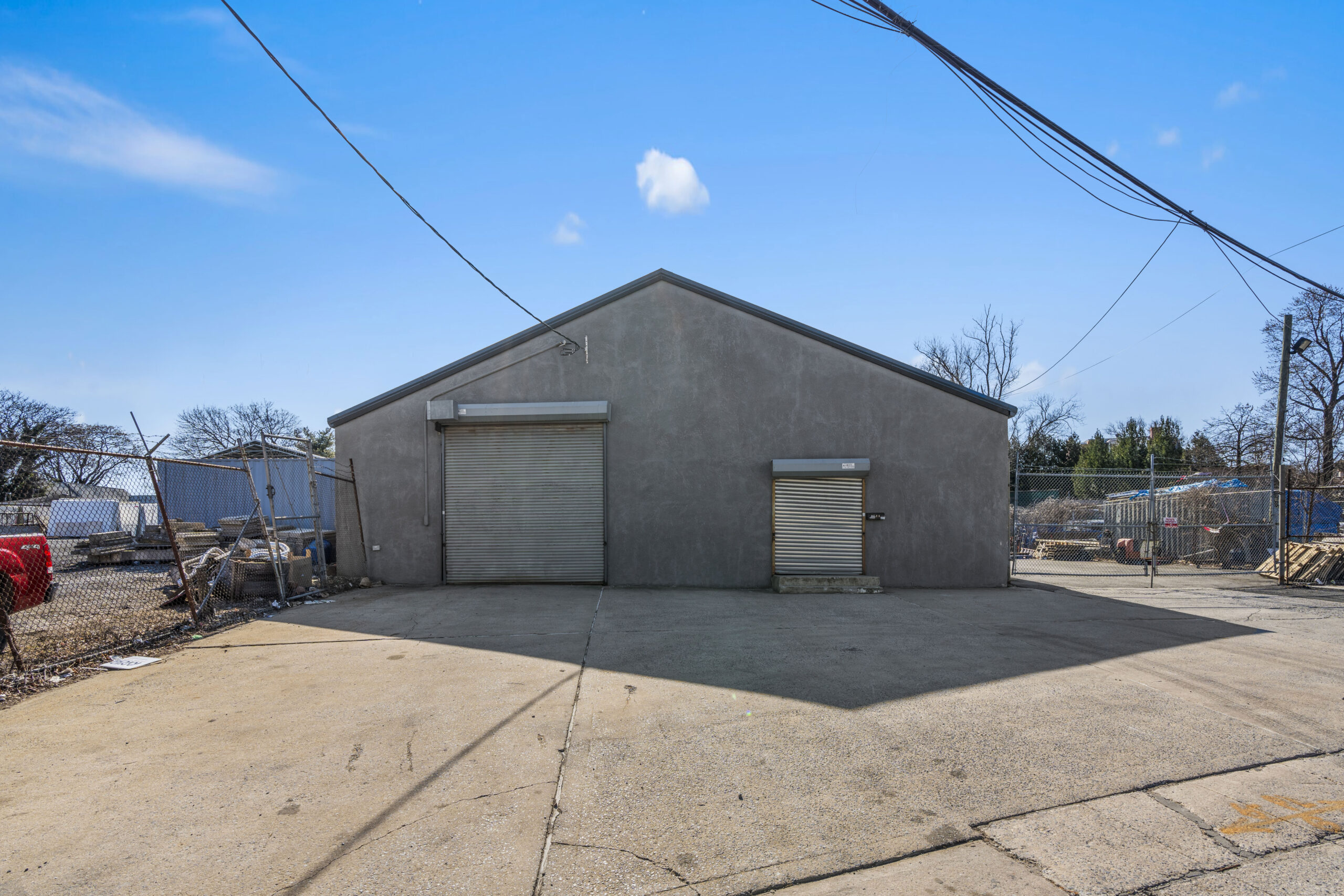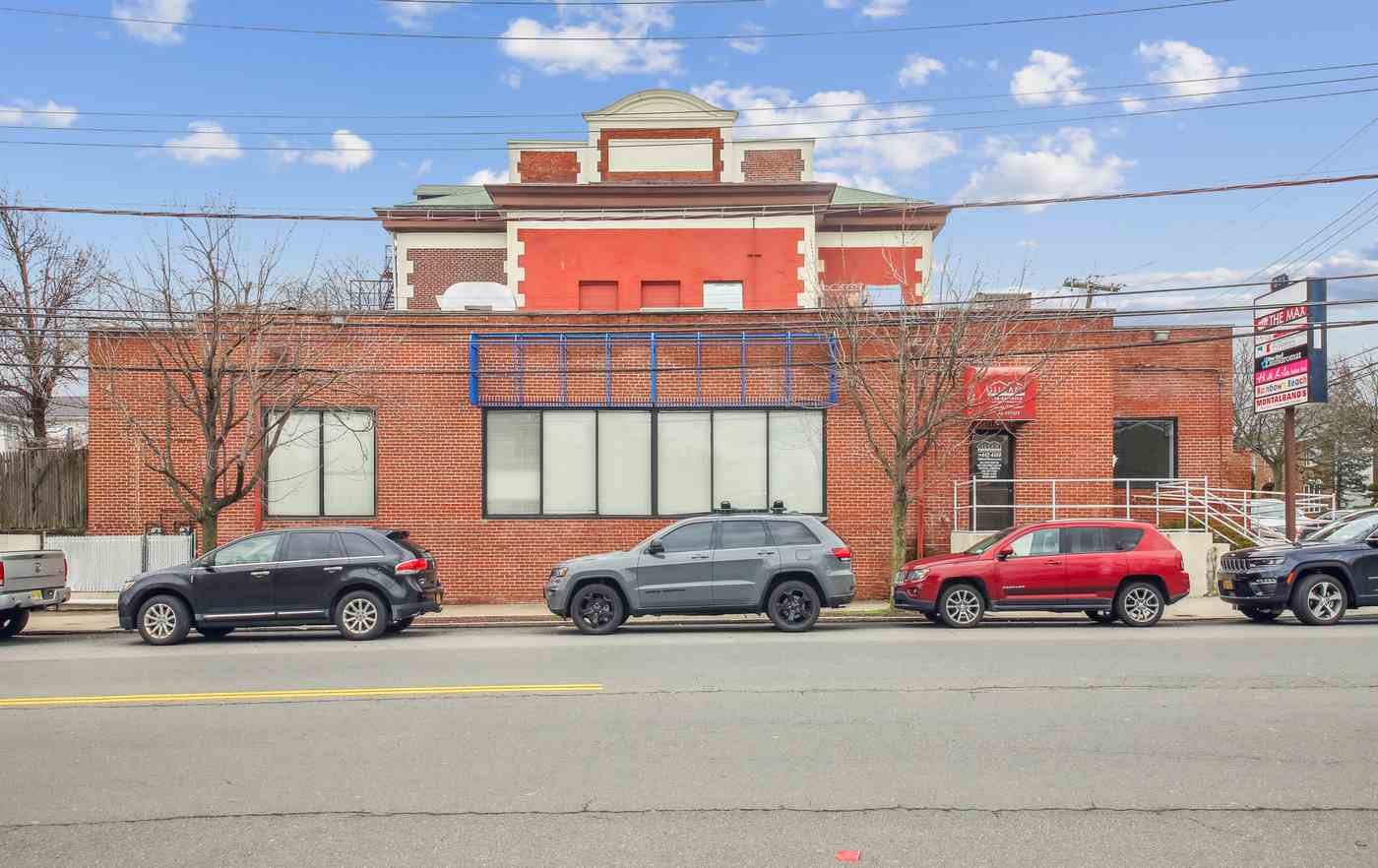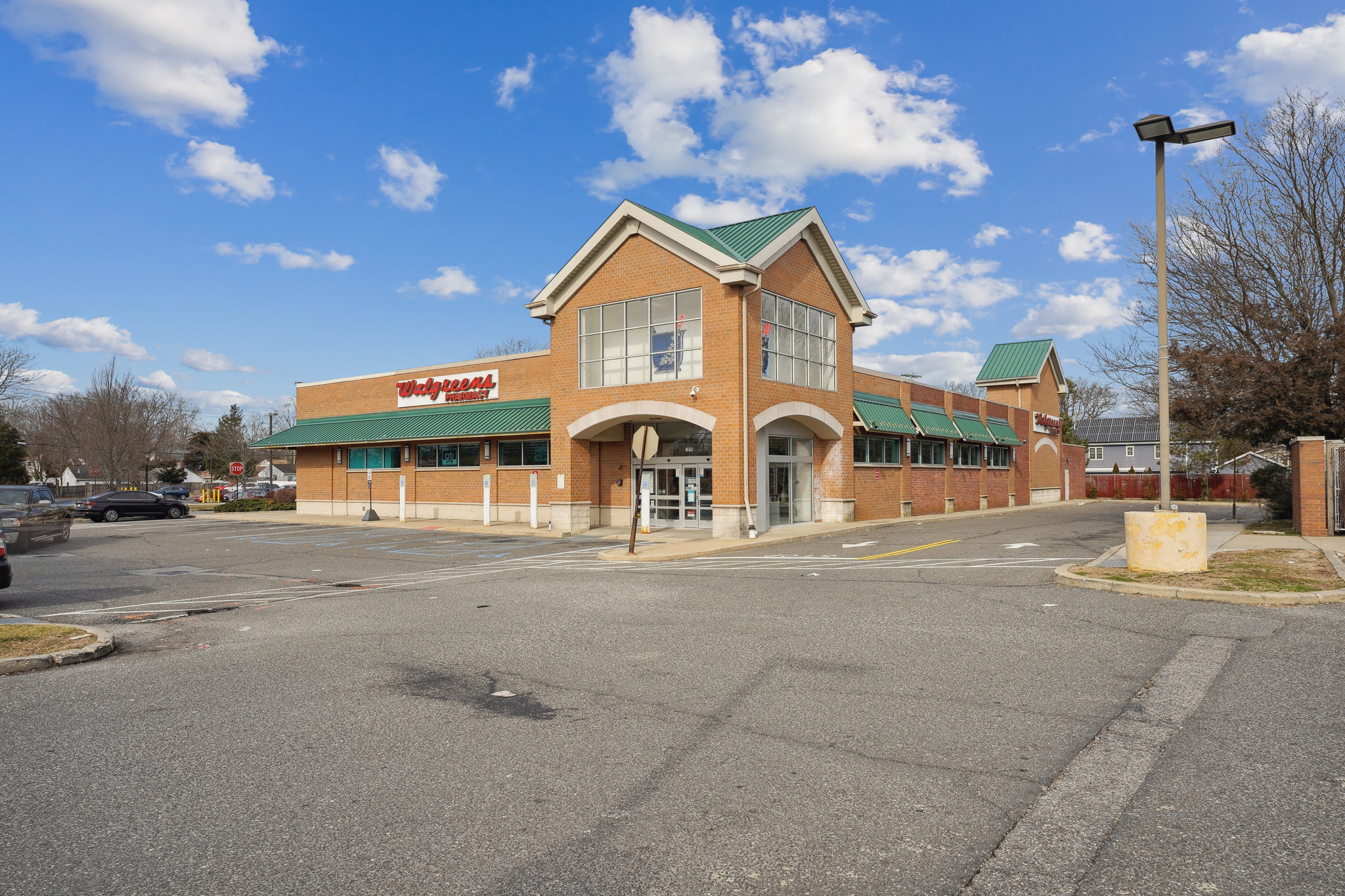What To Expect On A Commercial Property Tour
When touring a commercial space, building owners will typically show off all areas of the actual building—from common areas like hallways and lobbies to individual units. They’ll also likely discuss tenant improvement allowances included in the rent and other amenities that come with renting their space. Building owners should also answer any questions you have about the building’s infrastructure, such as its HVAC system or freight elevator access.
Important Questions To Ask On The Tour
When it comes to asking questions during a commercial property tour, there are several important ones to consider. First and foremost, make sure that the space can support all technology necessary for your business operations. This could include Ethernet wiring, Wi-Fi connection points, or even satellite dishes if you need them. Additionally, ensure you understand what building owners will allow you to do with the space—whether they let you create custom walls or install lighting fixtures. It is also worth inquiring about additional items, such as visibility of your space from outside for customers and employee/visitor parking availability (if needed). And don’t forget to ask about other tenants in the building and their impact on your business operations; after all, having compatible neighbors can be essential for success! Finally, make sure you inquire about the condition of the HVAC system and onsite management/maintenance availability if necessary for your operations.
When it comes to commercial space, it’s essential not to take a one-size-fits-all approach when shopping around. Asking the right questions during the commercial property tour can be intimidating, but the long-term satisfaction with your chosen space rests on their answers. You don’t want any surprises along the way, so make sure to inquire about every applicable detail: legal requirements, parking spaces for guests and employees, tenant laws, etc. It’s essential that you bring your diligence and acumen to determine if this commercial property is truly what you are looking for — failing to do so can mean more than just wasted money but also a headache full of hassle. In summary, stay aware of what you’re getting into, and don’t forget to bring your inquisitive spirit during commercial property tours!
When a commercial property is in the picture, ask as many questions as possible. Key items that commercial tenants must explore with building owners include: what is allowed to be done to commercial space? Is there a tenant improvement allowance included in the rent of commercial property? Answering these pertinent questions ahead of time will always make it easier for commercial tenants to make well-informed decisions that will benefit them when occupying commercial space. Realized or potential savings from such an endeavor could be the difference between a brilliant commercial arrangement and one that may not turn out so favorably.
Conclusion:
Aspiring commercial property owners have a lot to consider, with one of the key elements being technical support. It’s important to make sure that any commercial office you’re looking at can facilitate all the tech essential for your business operations. This requires due diligence in terms of preparation and asking the right questions – which may include inquiries about telecom systems, broadband access, computer equipment networks, and more. A commercial property that can’t support your commercial tech needs is useless – so make sure you’ve got the lowdown on what kind of (and how much) technology an office can accommodate before signing on that dotted line.
Commercial property tours offer an important opportunity for prospective tenants to ask questions and get answers before signing a lease agreement. Asking key questions during a tour lets tenants understand what building owners will allow them to do with the space they’re leasing while ensuring their chosen location supports all technology necessary for their business operations. Other important topics include:
- Visibility of the space from outside for customers as well as employee/visitor parking availability.
- Condition of an HVAC system.
- Onsite management/maintenance availability.
- Other tenants in the building and their impact on business operations.
By considering these factors before signing a lease agreement, landlords can guarantee that they’re making an informed decision about their future rental properties.







Leave a Comment